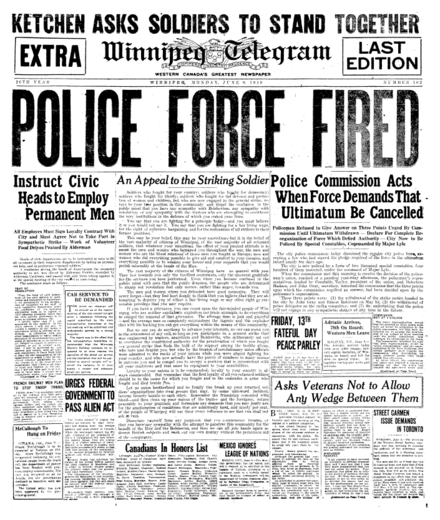Today in Labor History June 9, 1798: Irish Rebellion of 1798: Battles of Arklow and Saintfield. 10,000 members of the United Irishmen launched an assault on the British-held town of Arklow, in County Wicklow. From there, they hoped to take Dublin. However, the British were better armed and successfully repelled them.
1840s
Today in Labor History June 9, 1843: Bertha von Suttner was born (d. 1914). She was an Austrian journalist, author, peace activist and Nobel Prize laureate. She was also a friend of Alfred Nobel, who famously told her that there would not be world peace until a weapon was invented that was so deadly it could annihilate countries in seconds. Some say that it was her activism and advocacy that inspired him to include a peace prize as part of his endowment. Von Suttner wrote “Lay Down Your Arms,” an anti-war novel that made her a leading figure in the Austrian peace movement. However, it was also considered a feminist novel for its characters resistance to accepting traditional gender roles. Tolstoy compared her favorably with Harriet Beecher Stowe.
1860s
Today in Labor History June 9, 1865: Labor activist Helen Marot was born. Marot was a librarian from a wealthy family in Philadelphia, who investigated and advocated for better working conditions among children and women. During her life she participated in numerous labor organizations, particularly those dedicated to the interests of women, such as the Women’s Trade Union League and the Bookkeepers, Stenographers and Accountants Union in New York. She also organized and led the 1909-1910 Shirtwaist Strike in New York and was part of a commission that investigated the Triangle Shirtwaist Company Fire in 1912.
1910s
Today in Labor History June 9, 1917: Striking IWW miners in Jerome, Arizona, won their demands of wage increases, the abolition of the contract system, sliding scale, and hospital fees, and fair treatment for unionized workers. And in Monroe, Washington, Striking IWW members and workers at a logging camp succeeded in winning better living conditions and the right to organize.
Today in Labor History June 9, 1919: The Winnipeg city council dismissed the police force during the General Strike that had started on May 15 and continued until June 26. Though the strike ended in bloodshed and mass arrests, it succeeded in strengthening Canada’s labor movement. The strike began in response to low wages, inflation and discrimination against minorities, as well as resentment over World War I profiteering by the city’s elite. Socialists organizers were fighting for the OBU (One Big Union), uniting all workers into a single union. The OBU concept came from the Wobblies, or IWW, which had been suppressed in Canada. They were also fighting for a six-hour work day and a five-day work week.
1980s-2000s
Today in Labor History June 9, 1989: The Chinese government tried leaders of the Tiananmen Square student protests.
Today in Labor History June 9, 2004: Brian Williamson died. He was a Jamaican activist and co-founder of J-FLAG (in 1998), the Jamaican Forum for Lesbians, All-Sexuals and Gays. They run the Stop Murder Music campaign, which fights for the censorship of homophobic lyrics in Jamaican music. They also co-run the Black Gay Men’s Advisory Group and OutRage, a direct-action LGBTQ activist group. Williamson was one of the first openly gay public figures in Jamaica. He was murdered in his apartment by an acquaintance, at the age of 58. Police officially ruled it a botched robbery. However, J-FLAG believes it was a homophobic attack. Williamson previously survived a homophobic knife attack and numerous death threats.





